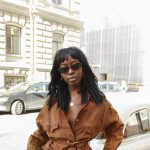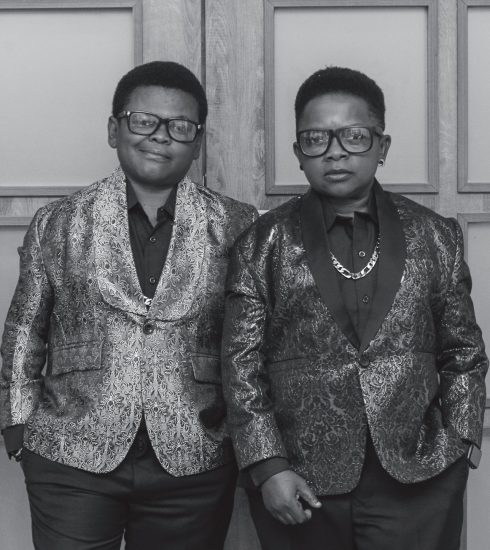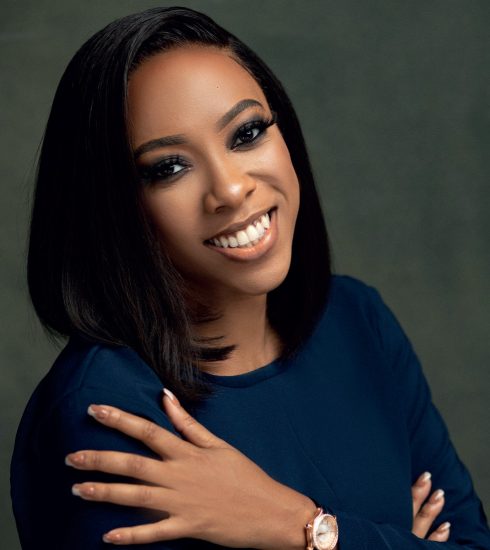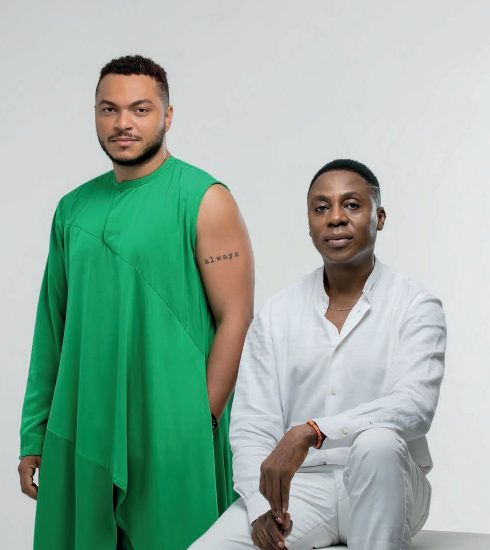Uche Jombo: Bringing African Stories To The World
A highly accomplished Nollywood actor, screenwriter, and producer, Uche Jombo is an iconic figure whose impact on Nigerian cinema has been nothing short of inspiring.
With over two decades in the industry, Jombo has starred in and produced numerous iconic films that have showcased her incredible versatility and dedication to storytelling. She is known for her realistic approach to roles and commitment to authentic, relatable narratives. Uche Jombo has become a key figure in Nollywood, especially with her advocacy for strong female representation and improved production quality.
From her early days in Visa to Hell to more acclaimed film works like Holding Hope and Damage, Jombo’s career path shows her passion for social issues and her desire to influence meaningful change through film.
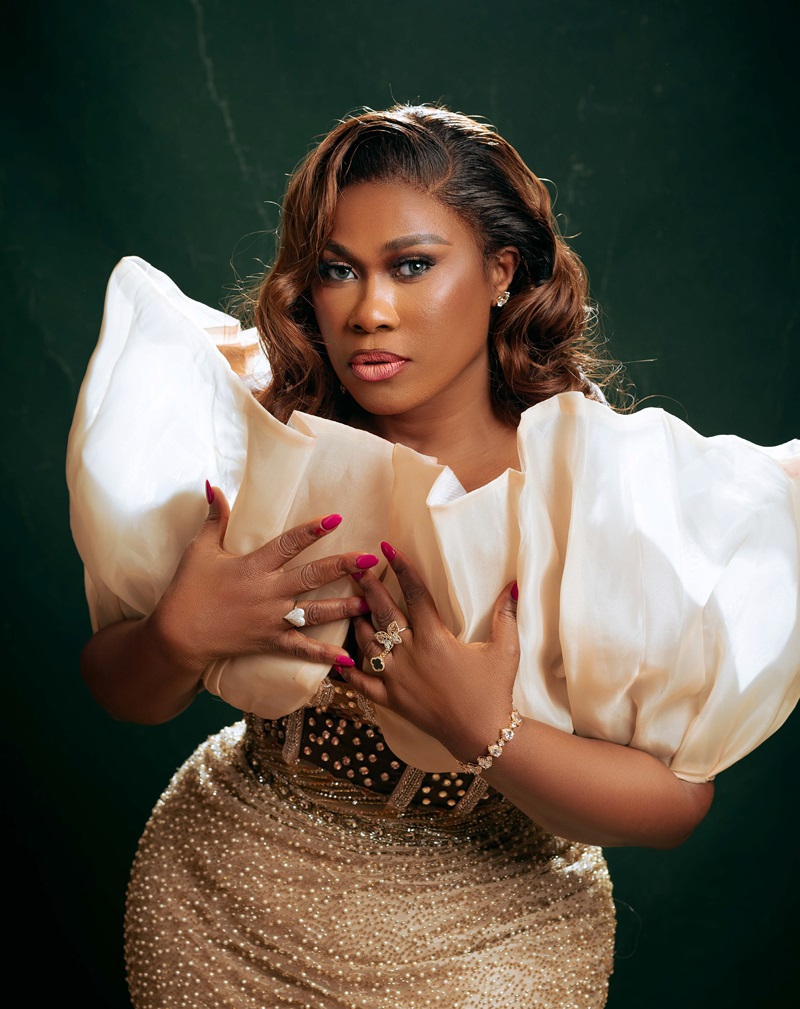
Beyond her on-screen presence, Jombo is celebrated for her contributions behind the scenes, especially in screenwriting and film production. This makes her one of Nollywood’s most respected multi-talented figures.
Uche Jombo chats with THEWILL DOWNTOWN’s Johnson Chukwueke as she speaks on her commitment to creating stories that resonate on both local and international stages, which has gathered her widespread admiration and respect. Jombo also offers insights into her creative journey and her vision for Nollywood.
You’ve been in the industry for over two decades. What would you say are the biggest changes you’ve witnessed in Nollywood?
I like to begin this question with an answer like, we are not where we used to be, but then again, we are not where we are supposed to be.
Obviously, the quality when it comes to technicality is well improved, and you still see more that wows you every day. But I feel like we still have to buckle up on our stories because I feel like what made us unique, what brought us to the table, was our unique ways of telling local stories back in the day. So now, with the vast technology we have, I am seeing more locally told stories for the global audience, and it’s amazing. I feel like it has become the way Nollywood filmmakers are beginning to tell stories; that way, it reaches more people in the world. You don’t have to be Nigerian to enjoy a locally made Nigerian movie because it is made with you in mind. For me, that’s one of the huge differences between when I started and how we are making films now.
Can you tell us what first inspired your acting, and was it always something you aspired to do?
What inspires me is my environment, even in my storytelling. I like making films that are based on true life stories because they teach a lot. So, when I make a film, I like the human angle, even if it’s fictional. The human angle is important to me. Onye Egwu, for instance, is inspired by true life, and my upcoming film A Better Man is fictional, but when I got the script from the writer, I was looking for the human angle, I am always trying to find the human angle. I want you to have a glimpse of who I am through the movies I make, even without meeting me in person, so yeah, the human angle is always my inspiration.
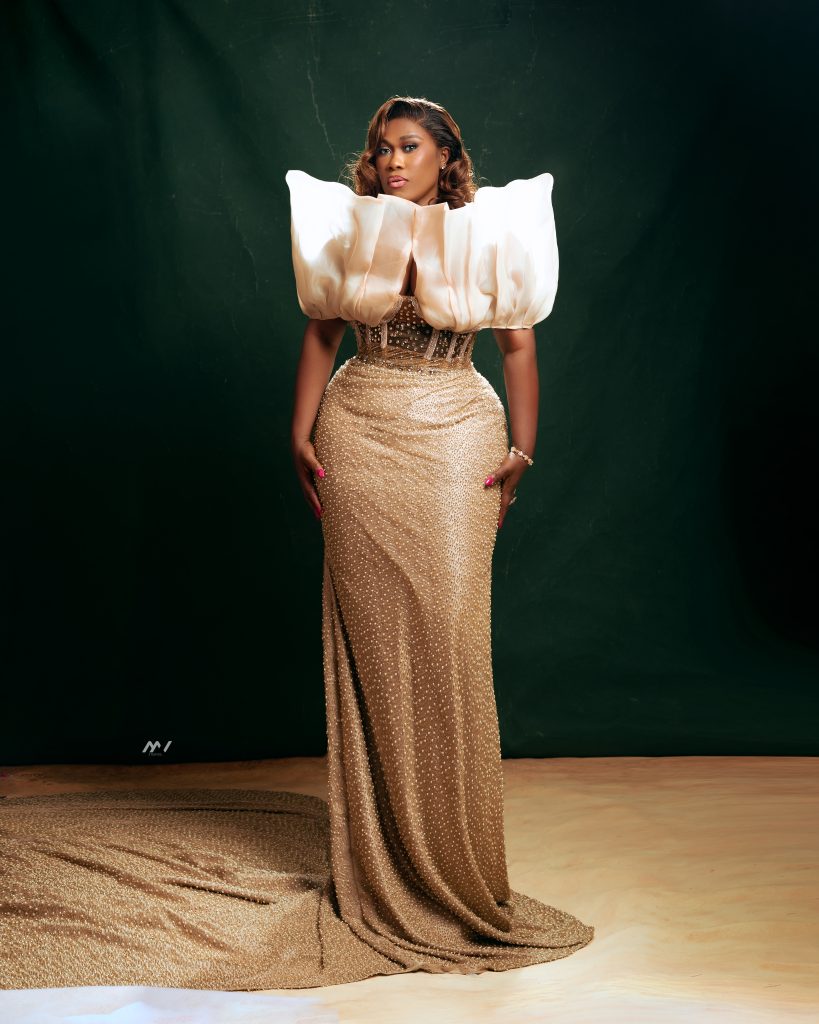
In addition to acting, you’re a talented screenwriter, director, and producer. How has working behind the scenes impacted your perspective on the industry?
For production, I simply make the kind of films I want to watch. I am not just a film student or film lover; I am also a film audience.
I love to watch films. Making the kind of films I want to watch is what inspires me, and back in the day, I used to write. I’d give it to someone, and they’d produce it, you know, all that. So one day, there was a particular film I felt that my story wasn’t told the way I wanted it to be told,( this was about 15 years ago), so I said to myself, I have to start producing the type of film I want to watch, at least the stories that I am telling, in order for it not to be messed up.
Now, cooperation is the new currency. I am one of those filmmakers who doesn’t shy away from collaboration, sharing opinions, or people bringing their two cents to my stories and my sets. If it improves the story, I will take the advice or the input. I feel like filmmaking is a collective effort, we have to come together and serve for the purpose of just the film. It’s not like music, where sometimes a single artist can deliver a hit. A film is a collective effort, from the biggest person on set to the least person on set, it’s always a collective effort.
Your movie Damage touches on domestic violence, a very significant issue. What led you to address this theme, and how do you choose which social issues to spotlight in your films?
At the time Damage came in, it was about domestic violence, and both parties were guilty of antagonising each other. It wasn’t domestic violence against a woman, it wasn’t domestic violence against a man, it was one situation that affected the children that grew up in this sort of environment because the parents are always at loggerheads not minding the fact that the kids are watching or not even reflective of how the kids pick up that. So, in that violent situation, it’s the kids that end up being damaged. At that time, I felt it was a story that needed to be told, and it is over a decade since that movie, but if you play it today, it’s still very much relevant today. That’s also what makes what we do very much amazing. I want you to watch five different works of mine, and it’s like you are looking at five different life situations. For me, I want to make different genres of film that people will enjoy and like them.
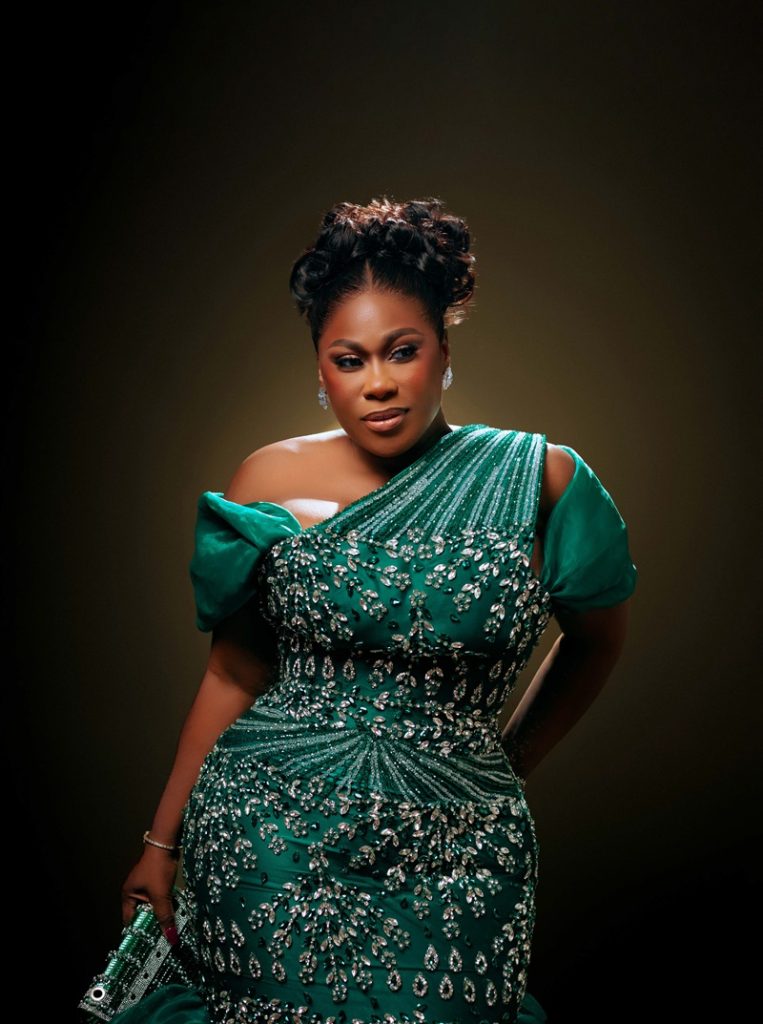
Looking back, is there a particular role or project that you feel has defined or shaped your career?
It probably will be Onye Egwu because it’s a project everybody felt like it would be best produced by a man because they always felt men know football more than women, so that was it for me. It was different.
As an advocate for women’s empowerment, how do you incorporate this mission into your film work and other initiatives?
I feel like, as a girl, it doesn’t matter who your father is, it doesn’t matter who your brother is or your husband is, you should have your own money.
It’s about being empowered so that you don’t have to rely on your father, brother, and husband because you don’t know what will happen tomorrow if you are relying on someone for your living wages. I think it is imperative that women have their own money, so what I do, my own little way of encouraging that, is by making sure I am empowering as many young girls as possible through my productions.
Balancing multiple roles as an actress, producer, and writer is no small feat. How do you manage to keep up with such diverse responsibilities?
I always say that I promote one film at a time. Right now, I am currently promoting Wives on Strike: The Uprising as an actor.
I just finished promoting Onye Egwu as an actor/director, and it’s now on Prime. For me, it is always one film at a time. I am currently filming right now for Blood Sisters 2 as an actor. So it’s just you balancing it, and when I am done with filming Blood Sisters 2, I am moving to my own set, The Baptism. It’s all about you scheduling yourself and scheduling it well; we all multitask, but it’s best creatively to do it one after the other; that’s how I balance it.
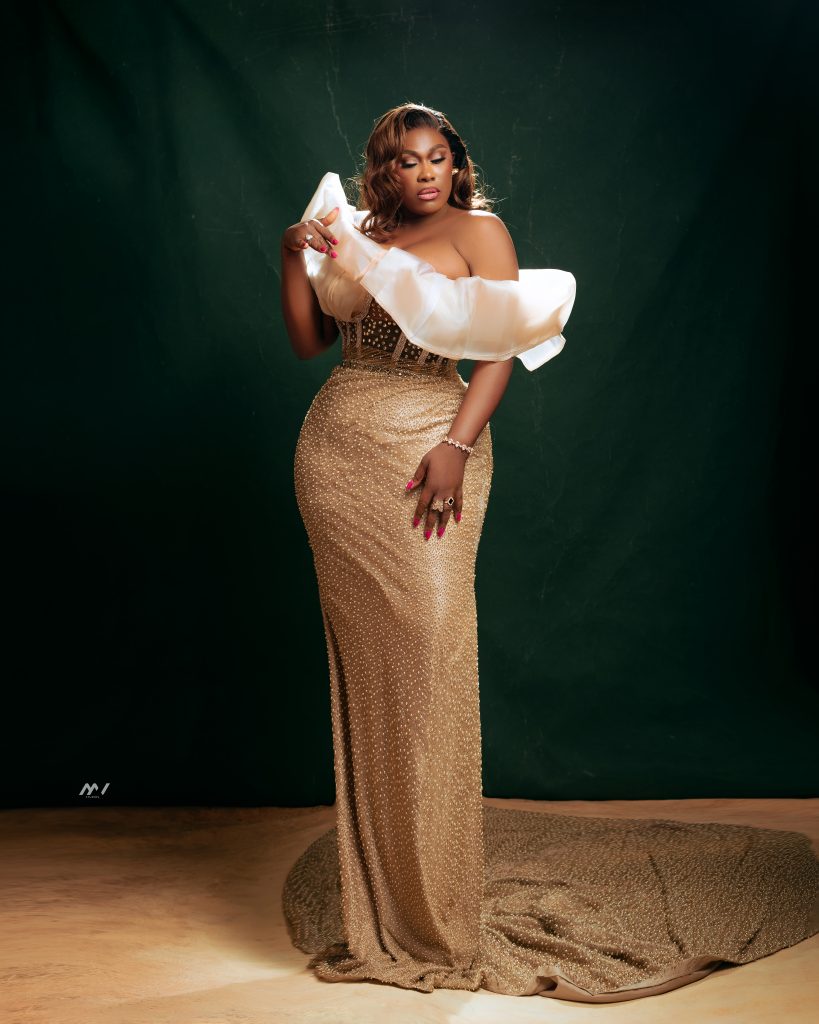
What are some upcoming projects you’re excited about, and are there new genres or stories you’re eager to explore?
I have two major upcoming projects that I am excited about from my studios, Uche Jumbo Studios. The first one is A Better Man and The Baptism. A Better Man is almost ready, it’s in the final stages of post-production. Principal photography will start this December, that’s the project I am excited about for you to see from me as an actor, director, and producer. But as an actor, I am excited about Blood Sister 2, which we are currently filming for Netflix.
The film industry has evolved with streaming platforms gaining influence. How do you see this shift affecting Nollywood’s global reach?
I think it is important for us to film our local movies for the global audience because it is the thing that makes us who we are; it is the thing that brings us to the table. The only thing that makes us unique is by telling our authentic Nigerian stories. So if we tell it and tell it well using the technology that is available to us, and obviously, it will go global, then we can say we are telling local stories for global audiences.
How do you approach creating relatable African stories that resonate not only locally but with international audiences as well?
Our stories make us unique as Africans, particularly as Nigerians. For example, in Onye Egwu, we were telling a football story of a young aspiring footballer whose dream was to play in Europe, and at the same time, telling the story of a superstar Nigerian footballer whose career was coming to an end after playing in Europe, so both stories are interwoven. That kind of story appeals to people who can still identify the footballers who are playing abroad and also identify with the ones who are struggling here to get scouted.
To me, it’s always to interweave our local stories to what others can relate to, and it brings them home. Whether we like it or not, our stories are part of our art and culture. I always tell people that whatever story you want to tell, make sure you don’t lose the essence of what makes it a Nigerian story because you are trying to play to the global audience. You can tell your authentic Nigerian story, and it would appeal to the global audience.
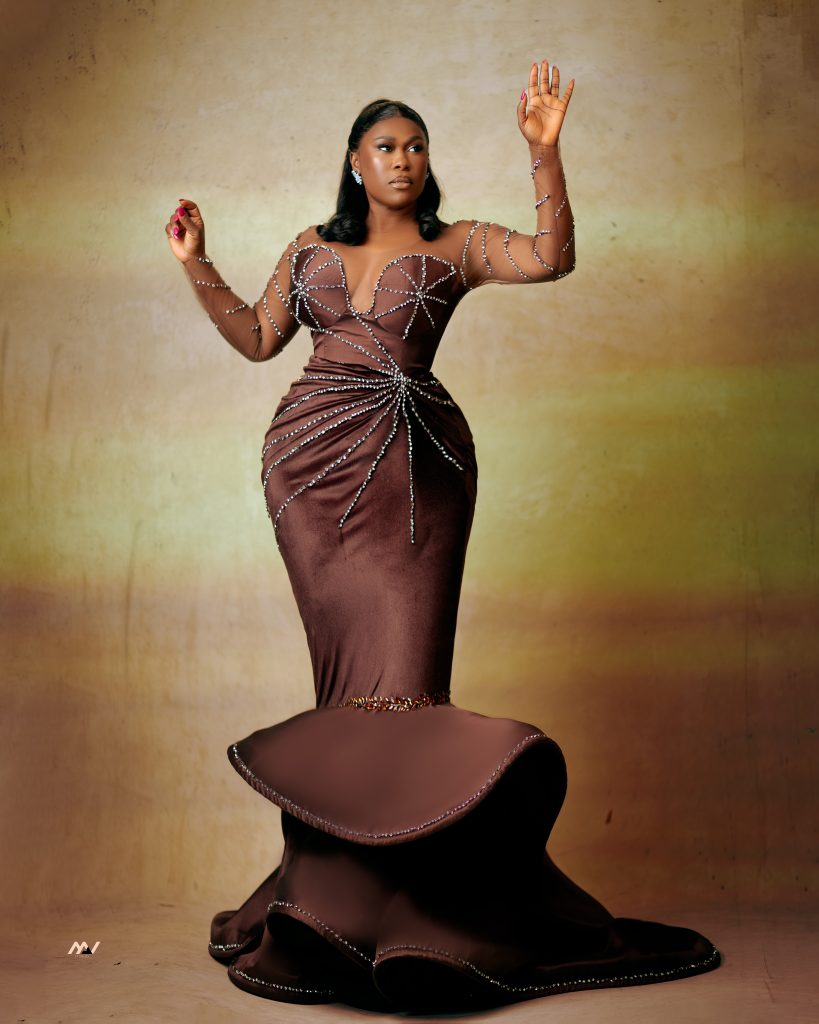
As a mother, has parenthood influenced the roles you take on or the stories you choose to tell? If so, in what ways?
A lot, yes, especially because I am a working mother, and there are some roles you give me, and I can tell you a mother won’t do this or won’t do that.
Also, I am telling stories that I want my child to be able to watch and be proud of. There are certain mother roles that I wasn’t able to see before I was a mother, so that’s probably the influence, but regardless, acting is acting, and being able to play different roles is what makes you an actor. Sometimes, being in a particular situation in life makes it better for you to step into a certain role, but first and foremost, you are an actor.



